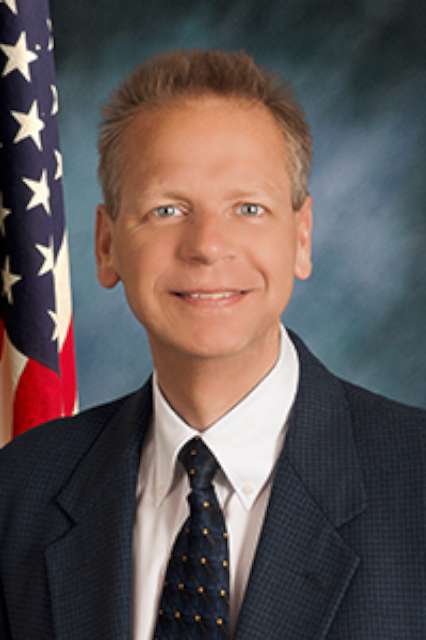
Righter Sponsors Legislation Designed to Attract More Teachers

Published on April 11 2017 4:16 pm
Last Updated on April 11 2017 4:20 pm
Rural school districts struggling to find good teachers to hire would see a much larger pool of applicants, according to State Sen. Dale Righter (R-Mattoon) and new legislation he is sponsoring.
Right now, students seeking a career in teaching must score at least 22 on their ACT test or 1110 on their SAT test, or pass the Academic Proficiency (TAP)/Basic Skills test in order to receive their teaching license. Righter’s Senate Bill 1123 would add a third way students could receive their teaching licenses – through a minimum grade point average of 3.0 out of a 4.0 scale in the core education curriculum classes at the universities they attend.
“Both the ACT/SAT and Basic Skills Test are standardized tests,” Righter said. “But some students, including those who demonstrate a natural and obvious skill in connecting with children in a way that would make them excellent teachers, aren’t the best standardized test-takers. Those tests shouldn’t be the difference in allowing someone to achieve their career goal of teaching. This legislation addresses the teacher shortage throughout the state by recognizing the most important aspects of being a good teacher do not include mastering standardized tests.”
A 2016 report from Teacher of Tomorrow found Illinois’ schools have some of the highest levels of unfilled teaching positions in the nation, to the tune of 6,381.
“A student’s body of work over the course of time at his or her university is a far better reflection of the student’s aptitude compared to standardized tests,” Righter said. “Superintendents and principals I speak with in my district tell me often they are having a hard time filling teaching positions. Teaching applications are down tremendously. My legislation will help every school district, especially those in rural areas, because it gives our students more flexibility in obtaining their teaching licenses.”
Righter says he hopes action is taken on Senate Bill 1123 when lawmakers return to Springfield April 25.












